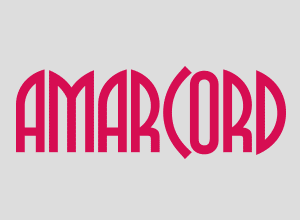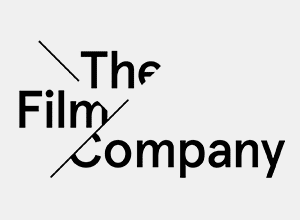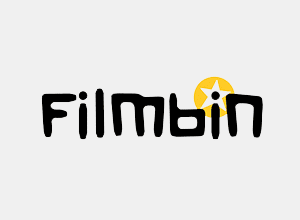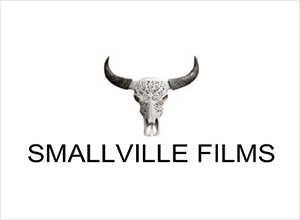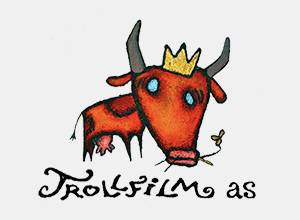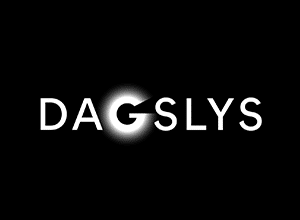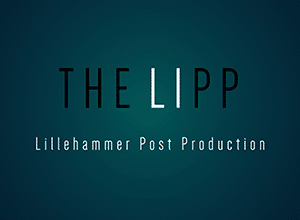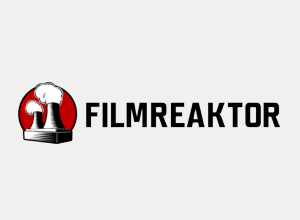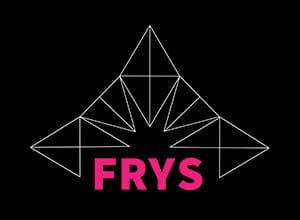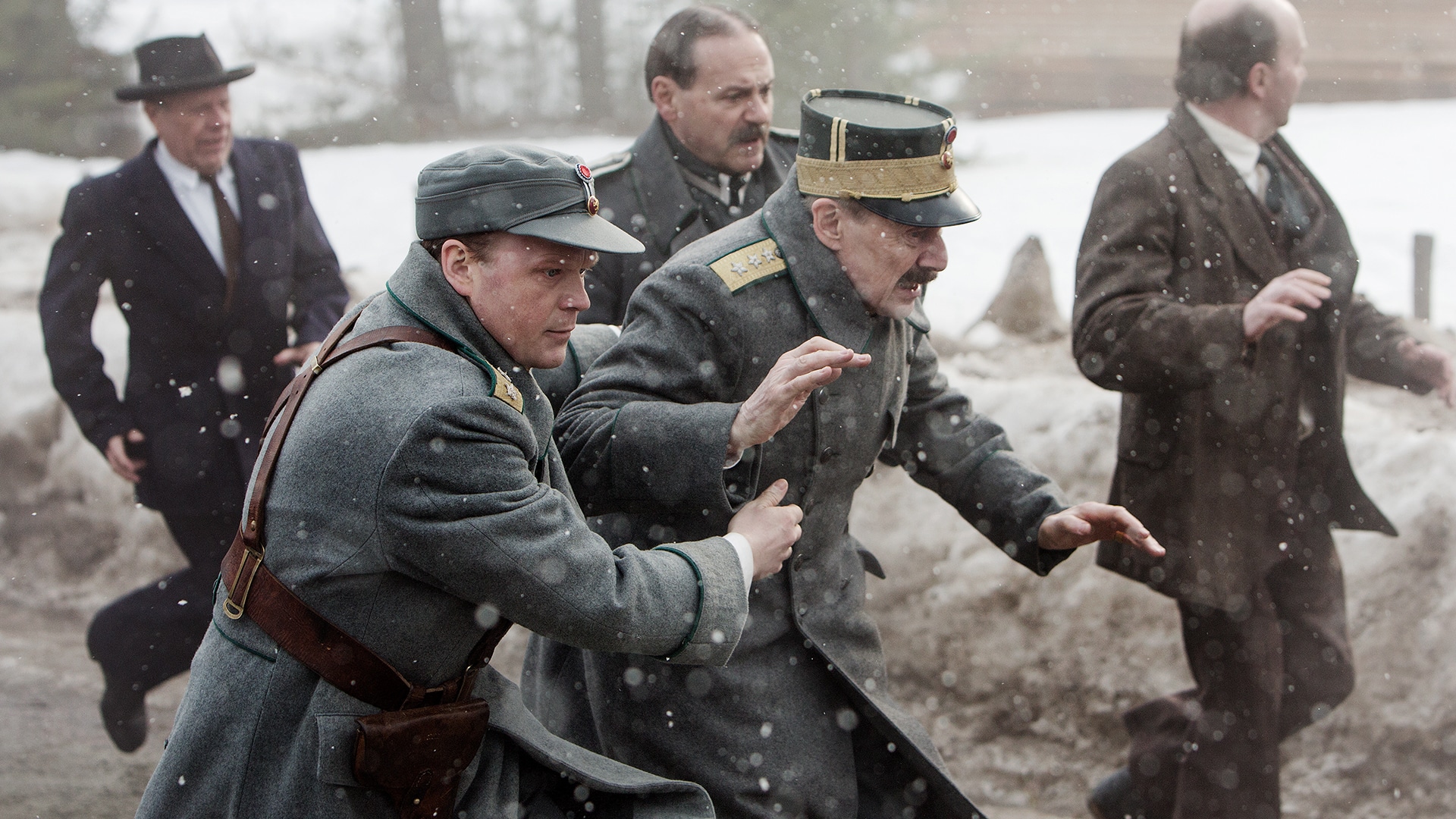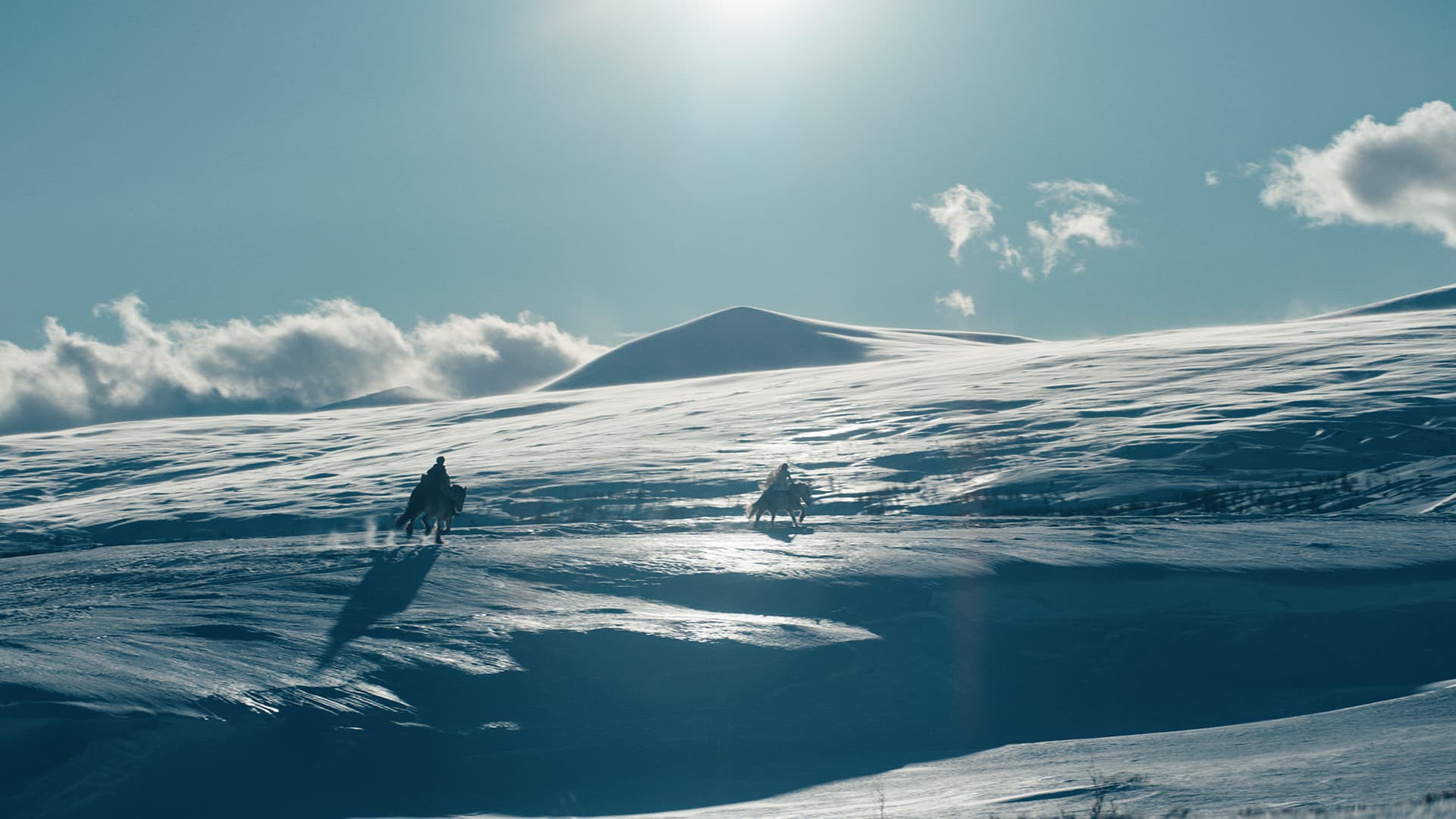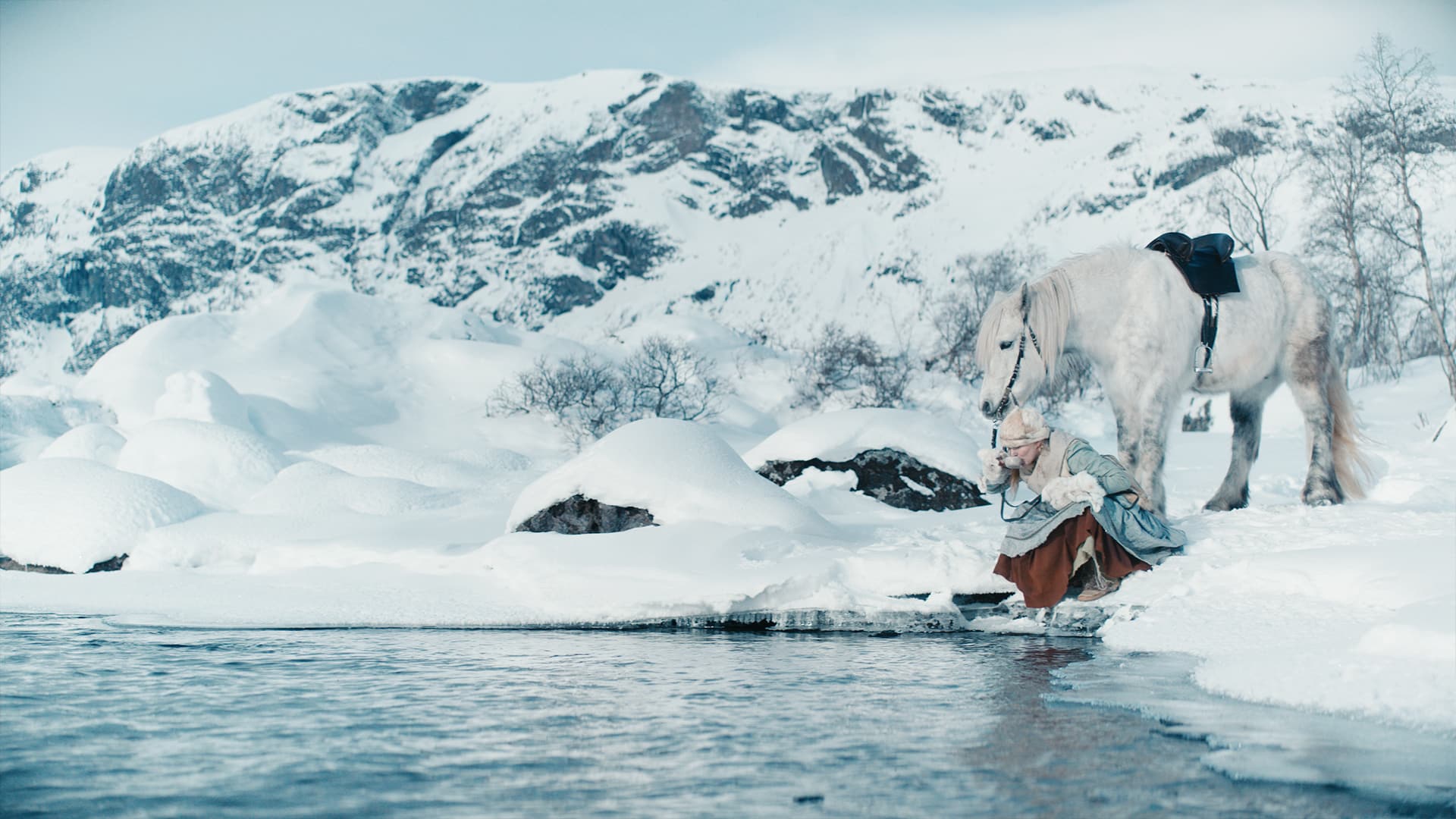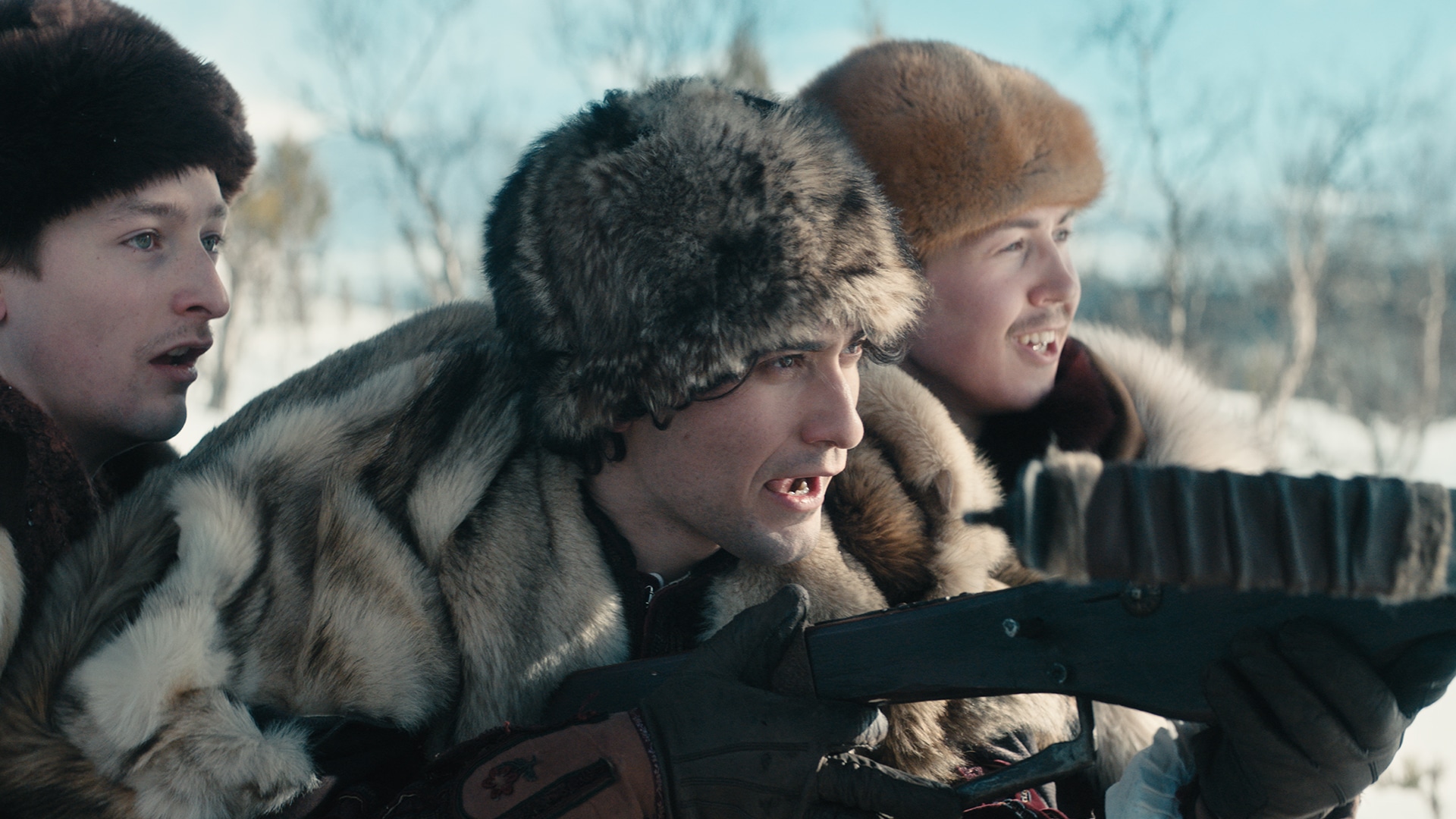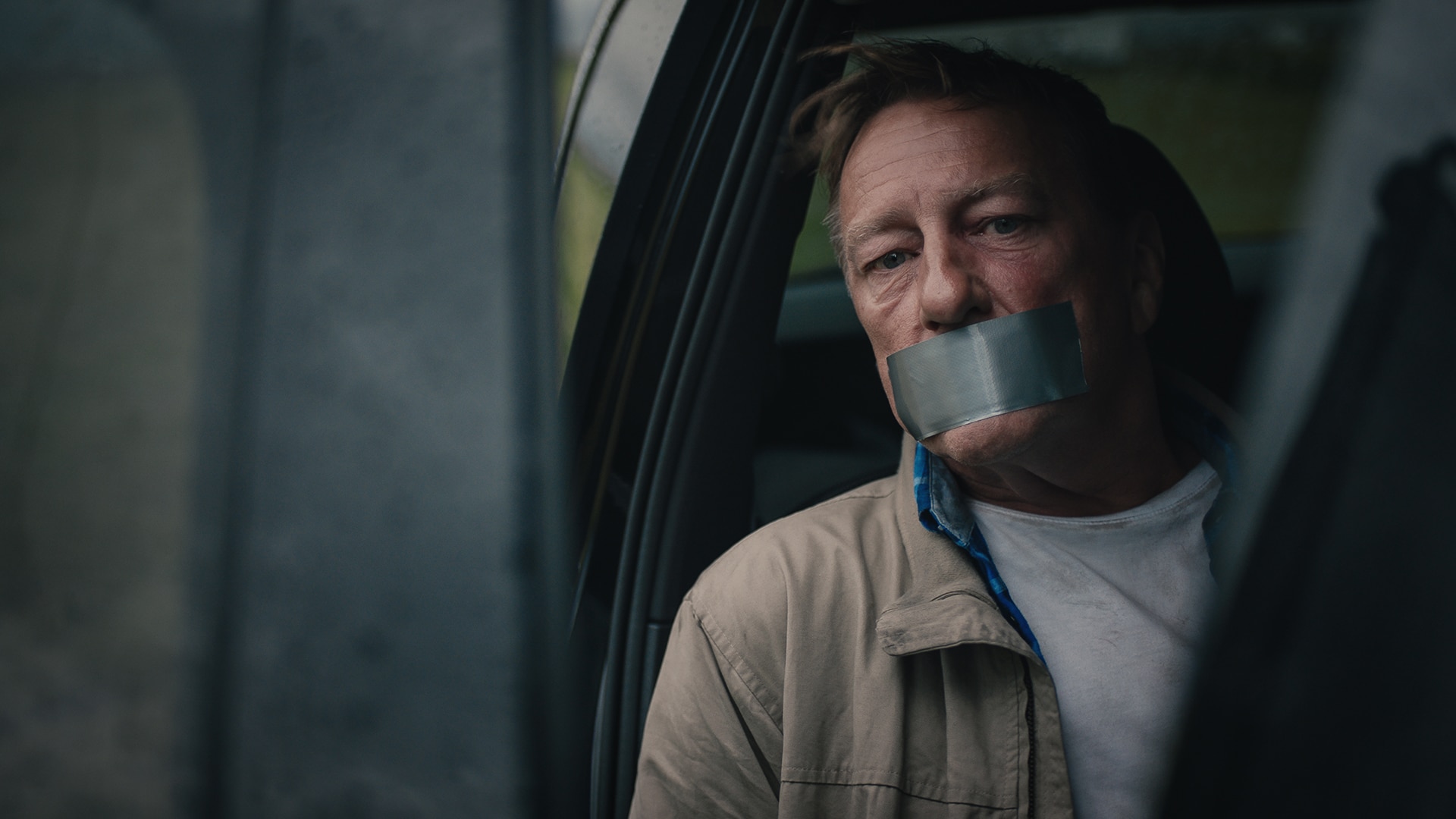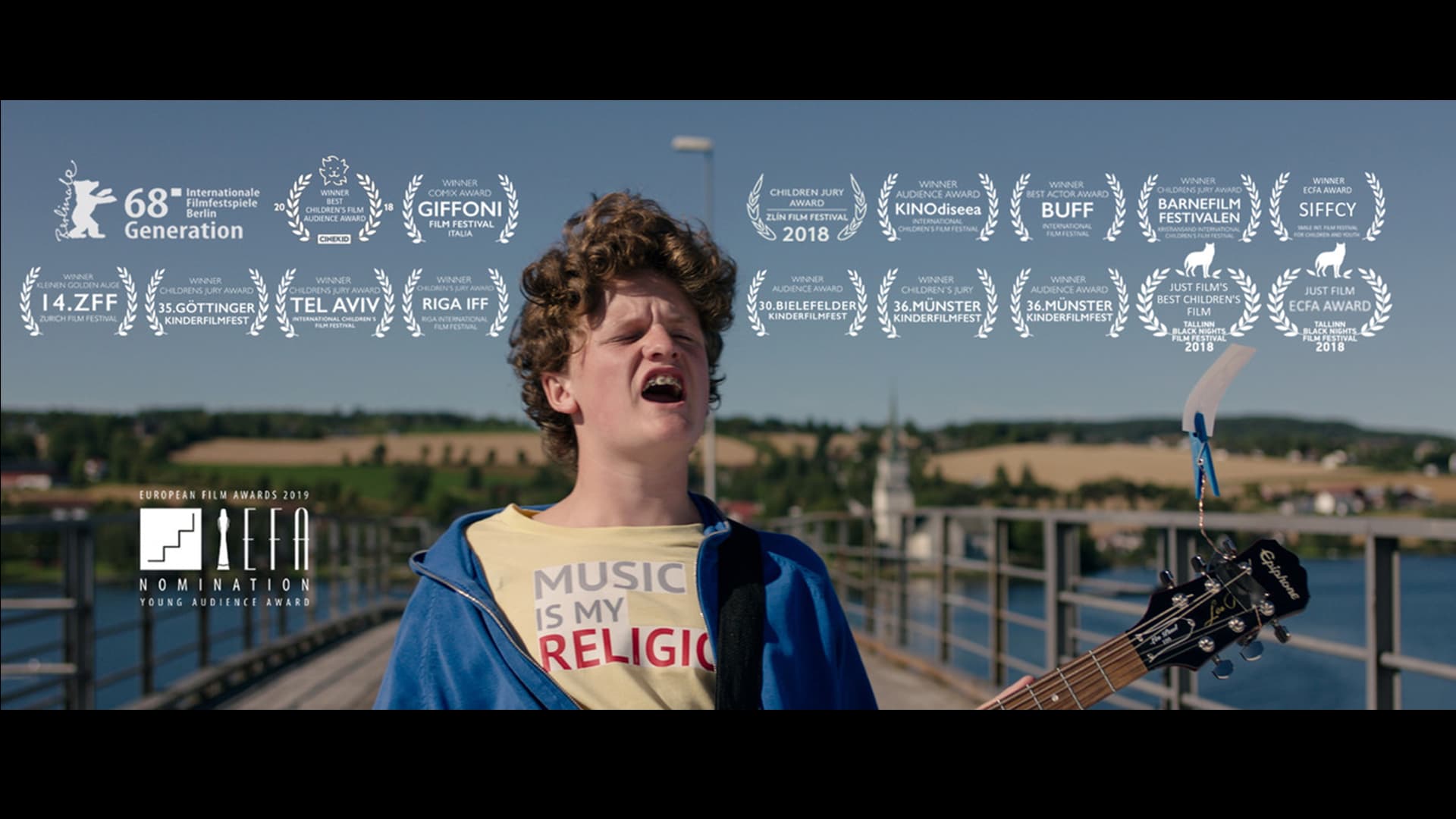Free Film Commission service
Eastern Norway Film Commission can provide free and tailored commission service to feature films and TV series aiming to shoot in our region. Contact our Film Commissioner for discrete and project aimed service.
We can help you with matchmaking in Eastern Norway. We ensure you get in touch with the most suitable regional partners. We help you identify the different financing opportunities available for your production in Norway. We provide you with reference images from locations that can match your project needs. We can arrange location visits and help you get in touch with a location scout in our region.
Save money
Norwegian crews are renowned for high on-set efficiency and experience, and are well-accustomed to working on international sets. Crews and the general populace alike speak fluent English. Norwegian business culture is lean and this extends to film sets, allowing productions to plan for a smaller crew compared to international standards. Internationally Norwegian crew rates are highly competitive, and are significantly lower than the UK.
Rental houses offer state-of-the-art equipment and a wide selection of cameras, lights and cranes — a complete technical pipeline with rates on par with the rest of Europe. A department of Dagslys AS, one of Norway´s largest rental houses for camera and light equipment, is located in the city of Hamar. The experienced Chief Lighting Technician and CEO of Dagslys AS, Thor – Erik Løkken, lives in Hamar and has worked on productions such as: Mission Impossible, No Time to die, Tenet and Succession.
Save time
Eastern Norway has invested long-term and heavily in infrastructure and the stunning nature is therefore extraordinarily accessible to productions. The region is close to the International airport, Oslo Gardermoen, where you can rent a car or take the train to the varied locations in the region.
Mobile and internet coverage throughout the country is first-rate, even in remote areas. Eastern Norway is also a very sustainable filming destination, with a high level of renewable energy, sustainable food production and hotels, combined with the world’s largest electric car park.
The national film community
Norway produces more than 30 feature films annually, plus approximately 300 short and documentary films, and hundreds of commercials. Norwegian film production receives approximately € 101 million in subsidies (2021). Over the last decade, six Norwegian films have been nominated for an Academy Award. The producer of the Oscar nominated feature Worst Person in the World, lives and works in Eastern Norway.
No film permits needed for filming in public areas!
The “freedom to roam” act allows for easy permit processes when filming outdoors. In general local police and municipalities are very cooperative, and can assist in helping closing down roads and areas for shooting your film.
Filming on private property requires a permit either from the owner or from city authorities. A permit from the police is needed if the filming requires special traffic arrangements (i.e. re-routing or stopping traffic).
Regulations apply for motorized transport (helicopter, snow cats, snow mobiles et.c.) in the wilderness, mountains and national park areas. Allow for some planning time to work out logistics with a line producer or location manager who knows the area. Applications are sent directly to the respective municipalities, and/or to the national parks.
Responsible filmmaking with Sámi people
Pathfinder – guidelines for responsible filmmaking with the Sámi people and Culture have been released now and you can download the document HERE
The Pathfinder guidelines are a joint initiative from International Sámi Film Institute, the Sámi Filmmakers Association, and the Pathfinder filmmakers reference group.
Film unions and associations
Norwegian Film and TV Producers Association | www.produsentforeningen.no
The Norwegian Film and TV Producers Association comprises approximately 100 independent production companies. Agreements between the Film Workers Association (NFF) and the Producers Association govern crew rates and working conditions. The Producers Association also governs agreements with screenwriters, directors, composers etc.
Norwegian Film Workers Association | www.filmforbundet.no
The Norwegian Film Workers Association has over 1000 members, technicians and crew from all departments, from film and television production.
Norwegian Film Directors | www.filmdir.no
The Norwegian Society of Cinematographers (FNF) | www.filmfotografer.no
Norwegian Actors Equity Association | www.skuespillerforbund.no
Norwegian Film Distributor’s Association | www.norskefilmbyraaersforening.no
Usefull links
Various Norwegian SAFETY HOTLINES I www.psykiskhelse.no/hjelpetelefoner-og-nettsteder
VISA information
Norway is a member of the Schengen Area. As a general rule, everyone who wishes to work in Norway must have a work permit. However, separate rules apply for applicants from EU/EEA/EFTA countries, and Nordic citizens (from Iceland, Denmark, Sweden and Finland) are fully exempt from the requirement to obtain a work permit.
Citizens of the European Union (EU), citizens covered by the European Economic Area (EEA) agreement and citizens covered by the European Free Trade Association (EFTA) convention have easier access to travel and reside in Norway. As a citizen of the EU/EEA/EFTA, you can travel to Norway and start working as soon as you arrive. You can live and work in Norway for up to three months without having to apply for a permit. If you are seeking employment in Norway, you may reside in Norway for six months without a permit.
Where to apply
A visa application must be made on the relevant form, and submitted in person to the nearest Norwegian foreign service mission. If there is no Norwegian foreign service mission in the country, another Schengen country may represent Norway. This country will then process the application on behalf of Norway.
Some service missions, for example India, have outsourced the handling of VISA applications. Please follow this link to the Norwegian foreign service missions. More information and guidelines at Norwegian Directorate of Immigration.
Double taxation
Norway has signed a number of conventions for the avoidance of double taxation.
A foreign film production company can get a 25% VAT refund on most Norwegian services. (The VAT on hotels and transportation is 8%, and 15% on foodstuff).
To apply for a VAT refund your company must not be registered in the Norwegian VAT register (meaning that the company does not sell goods or services in Norway for more than NOK 50.000,- in one year.).
Some attachments must accompany the application:
- Original invoices
- Certificate from an official body in the country where the company is domiciled, confirming that it operates as described in the application (equivalent to Norwegian Business Registry will be sufficient)
- Certified export declaration for goods which are brought out of the country
- Authorization in original if applying by proxy
The deadline for applications is 6 months after the end of the calendar year to which the application relates. It must be applied for at least NOK 2000-. Applications are usually processed within 6 months and payment occurs within 4 months after the application is received by the tax office.
Two exceptions: You cannot deduct VAT on food and craft services, nor can you deduct VAT on vehicles carrying normal “white” licence plates. However, if you rent vehicles with “green” licence plates, you will get a VAT refund on these vehicles and the fuel used by these vehicles. Vehicles with green licence plates are normally cargo vehicles used for transport of equipment.
Please note: This overview has been prepared for informational purposes only and should not be construed as tax advice or relied on for specific projects. Although efforts have been made to remain current, laws change, and therefore, this information may have been revised. Please contact your Norwegian production partner or your legal advisors to confirm any laws or the effect of VAT refund on your project.
In parnership with:
Filminvest
Østnorsk Filmsenter
Eastern Norway Commission collaborates with
Norwegian Film Commission (the national office)
Oslo Film Commission (covering the region around the capital city of Oslo)
Western Norway Film Commission (covering the western part of Norway)
Northern Norway Film Commission (covering the northern part of Norway)
Midgard Film Commission (covering the middle part of Norway)
Eastern Norway Film Commission is a member of
Nordic Film Commissions (NFC)
European Film Commissions Network
Local crew and production services
The region has hosted and produced numerous international, national productions and international co –productions, such as the Netflix successes TROLL, TROLL2 and Lilyhammer. Recent co –productions include the feature film There is something in the barn. Local crew have worked on large-scale productions as TROLL, TROLL 2 (in post production), Mission: Impossible, Tenet, No Time to Die and Succession. Most of the crew in Eastern Norway is based in the cities of Hamar and Lillehammer.
A list of film production companies set in our region:
Rentalhouses and production services
In the region productions will find high-end camera and lighting equipment through locally-based Dagslys AS rental house, as well as one of the best cinema sound mix studios in Norway; The Lipp.
The Audiovisual Networkof Lillehammer, Norway
Lillywood is a network gathering all the most essential parts of the audiovisual industry of Lillehammer. This way you can easily find what you are looking for whether it’s a co-producer, photographer, writer, coordinator, post-production facilities, or composer.
Green production guide in Norway (in Norwegian)
Eastern Norway is a very sustainable filming destination with a high level of renewable energy, sustainable food production and hotels. The long – term investments in infrastructure gives productions great opportunities to choose between cars or public transport such as train.
In January 2021, Maria Kluge (born in Germany) became Norway’s first certified Green Consultant for film and TV. Maria works in the city of Lillehammer and is now the CEO of Eastern Norway Film Center.
Using Drones in Norway
Regulations
Please visit Norway’s Civil Aviation Authority for the current regulations and definitions.
An unofficial translation of the regulations is available here.
A list of certified drone operators in Norway can be found here.
There are separate rules for filming with drones in National parks
Please get in touch with us for more information
Certifications
Drones are subdivided in three categories:
RO1
Drones with a take-off weight of maximum 2.5 kilograms and with a maximum speed of 60 knots (111 km/h). Drones of the R01 category must have a fail-safe function.
RO2
Drones with a take-off weight of maximum 25 kilograms and a maximum speed of 80 knots.
RO3
All maneuvers exceeding previous specifications.
RO1
Simple operations (lower than 120 meters altitude) with smaller RO1 drones can be carried out without approval from the Civil Aviation Authority, if:
- during daylight hours, and at altitudes lower than 120 meters above ground or water.
- more than 150 meters distance from people, motor vehicles or buildings not controlled by the aircraft operator, except during take-off and landing.
Display flying may only take place if authorized by the CAA Norway. For use of RO1, pilots have to make a statement that they adhere to the relevant rules. The statement can be found on the web site of the Civil Aviation Authority. The operator must prepare an operations manual (OM) that describes the planned operations. Once the declaration form is sent to the CAA and one receives a receipt message from our archive, the operator can commence operations.
RO2 AND RO3
Flights in categories RO 2 and RO 3 requires a license / authorization from CAA Norway.


